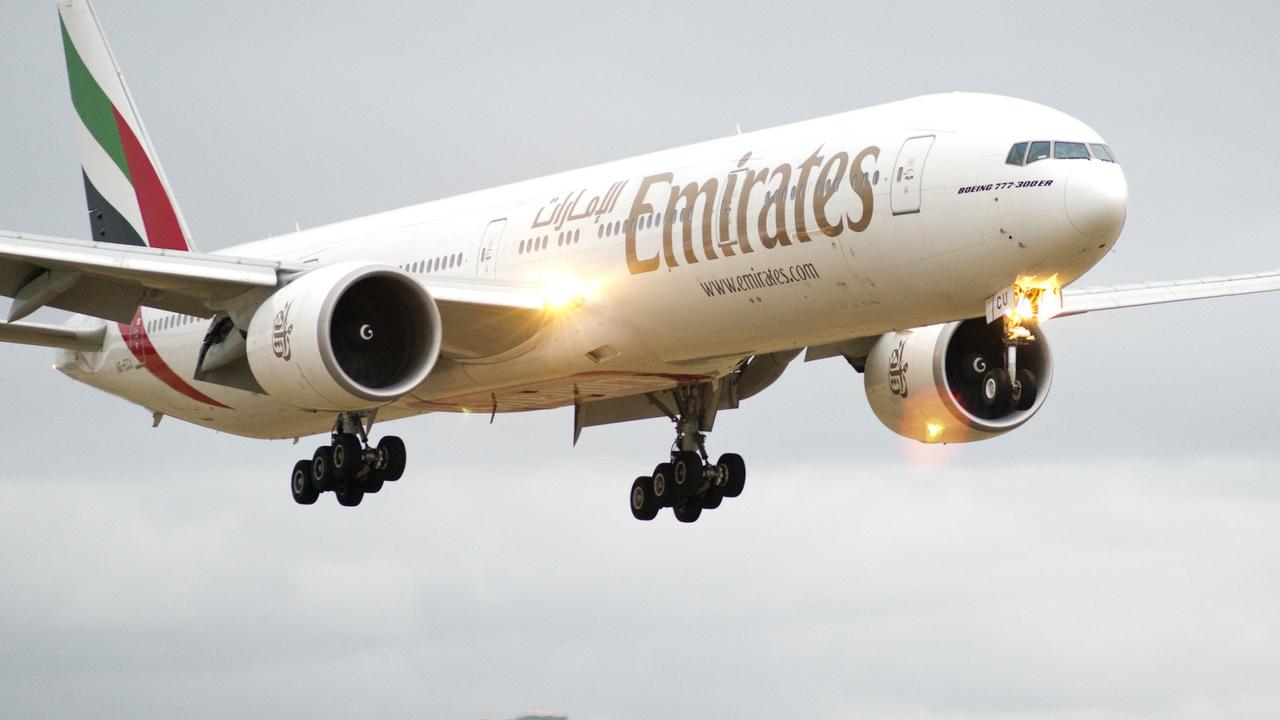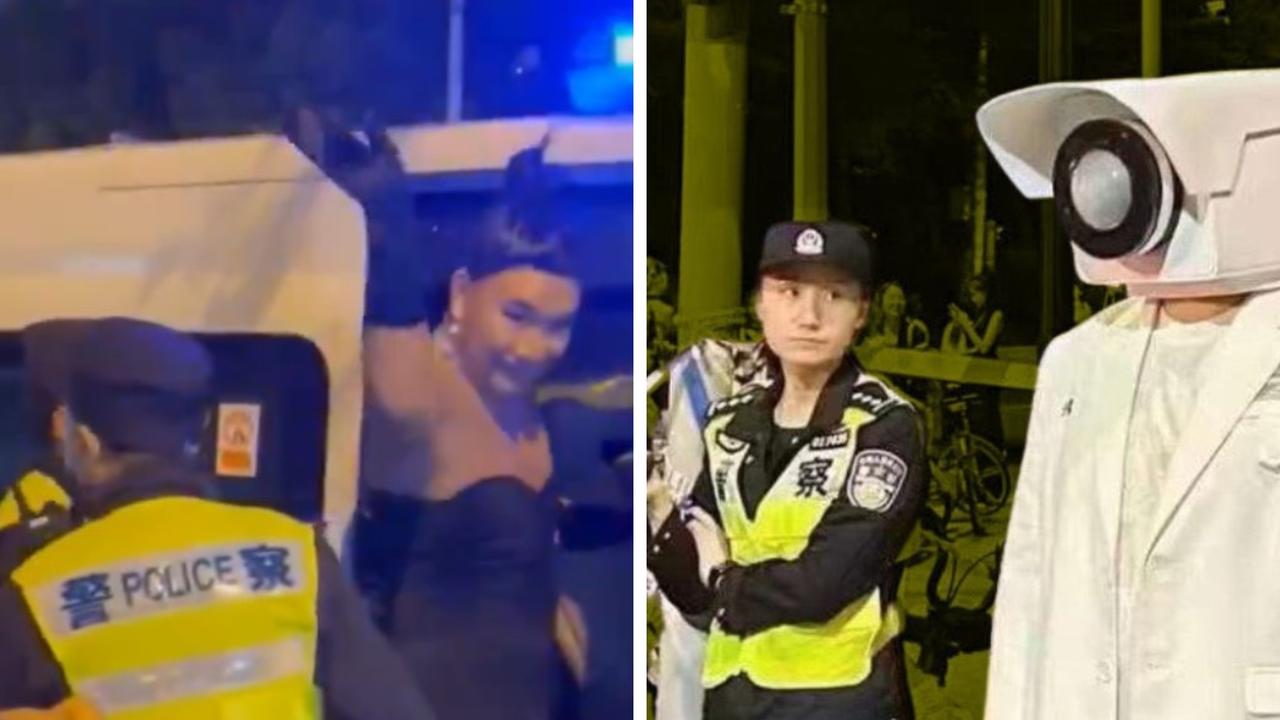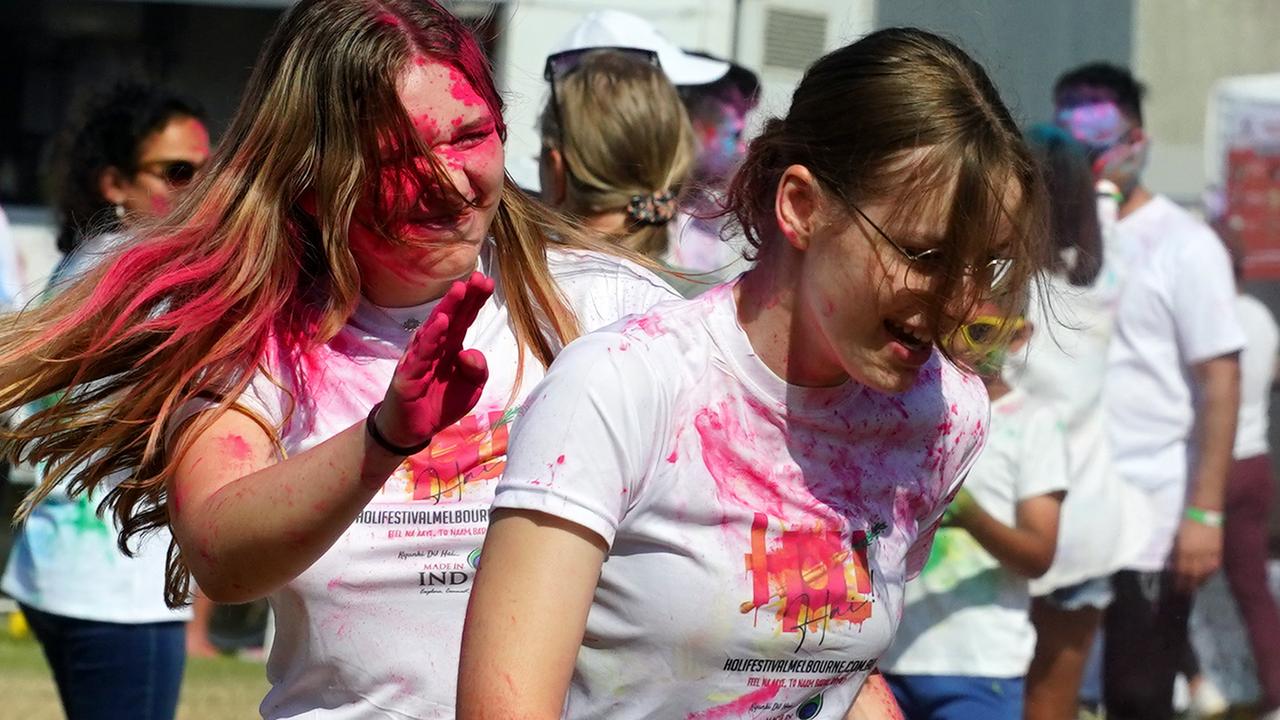Claims major airlines are selling cancelled tickets
Australia’s biggest airlines have been lashed for anti-competitive behaviour after allegedly selling customers tickets for flights that were never going to take off.
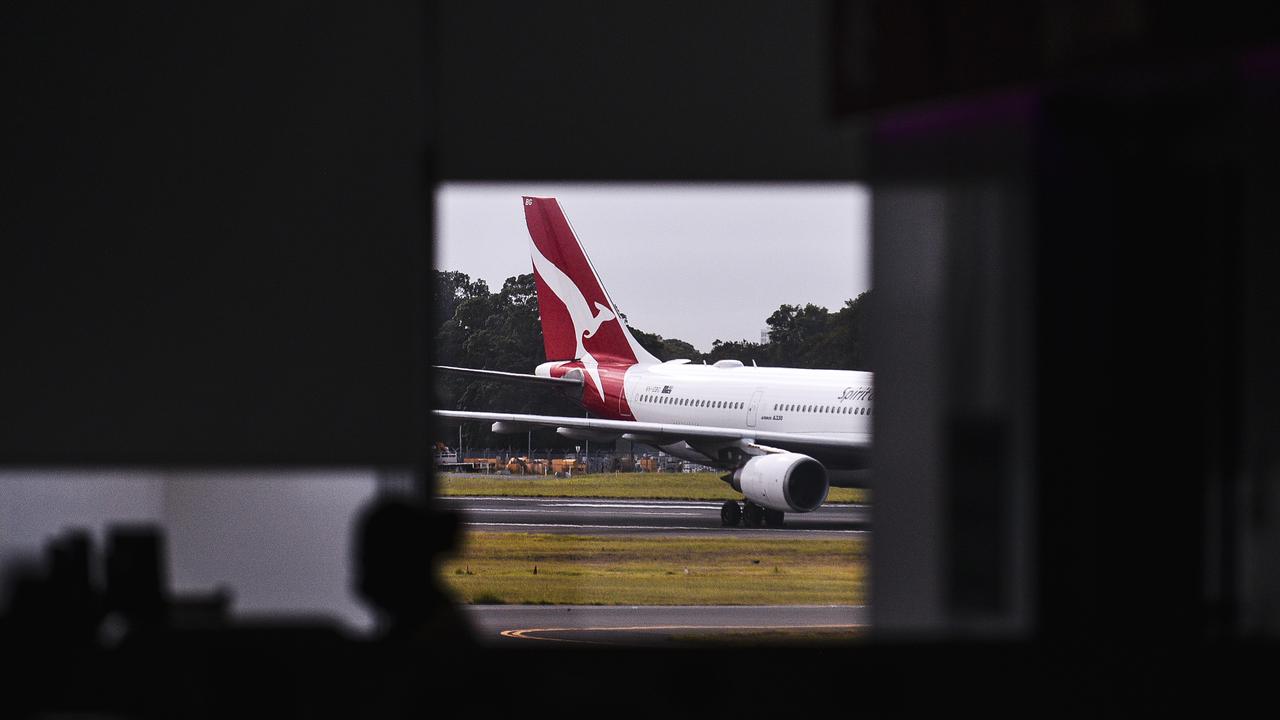
Australia’s major airlines, Qantas and Virgin, have been slammed for engaging in anti-competitive behaviour in an attempt to squeeze out new entrants to the airline industry.
A parliamentary inquiry sitting in Sydney on Wednesday heard criticisms of the highly concentrated market structure of Australia’s aviation industry, where the Qantas Group and Virgin duopoly have a combined 95 per cent market share.
Speaking at the inquiry, Rex Airlines deputy chair John Sharp accused Qantas, Jetstar and Virgin of selling tickets for services they never planned to run, in an attempt to retain their ‘slots’ and block smaller airlines from running services.
The alleged behaviour, which the airlines strongly deny engaging in, is incentivised under strict legislation governing the operation of flights in and out of Sydney that allocates airlines the time windows or ‘slots’.
If airlines don’t operate in their slot 80 per cent of the time, they risk losing it, therefore allowing other airlines to use them.
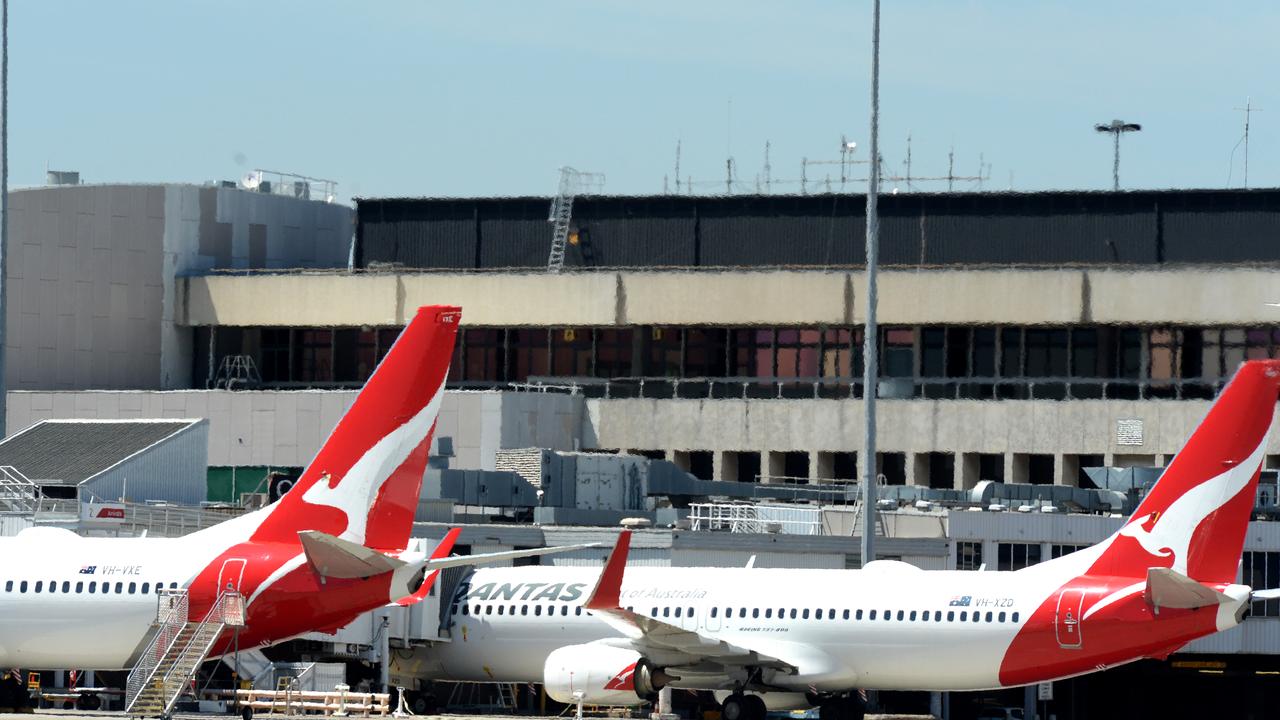
But new government data has revealed almost one in ten flights between Sydney to Melbourne were cancelled in July, prompting calls for the system to be overhauled.
Both Qantas Group and Virgin Australia vehemently deny any slot hoarding at Sydney airport.
Rex Airlines deputy chair John Sharp argued there was a “desperate need for reform” to halt slot hoarding.
“Airlines have taken the fact that they assume they own slots, and they’ve started to game the 80-20 rule in order to hoard slots, so that other people can’t use those slots,” Mr Sharp said.
“Both Qantas and Virgin airlines now have more slots than they had pre-pandemic, even though they're still not operating to pre pandemic passenger numbers. In other words, they’ve got more slots allocated to them, but they’re actually carrying less people in those slots.
In a written submission to the inquiry, Sydney airport chief Geoff Culbert agreed slot scheduling was a concern and called for the 80 per cent threshold to be lifted.
The airlines are incentivised to do this because there is no cost to apply for a slot and no penalty for not operating a slot during a season.,” Mr Culbert told the inquiry.
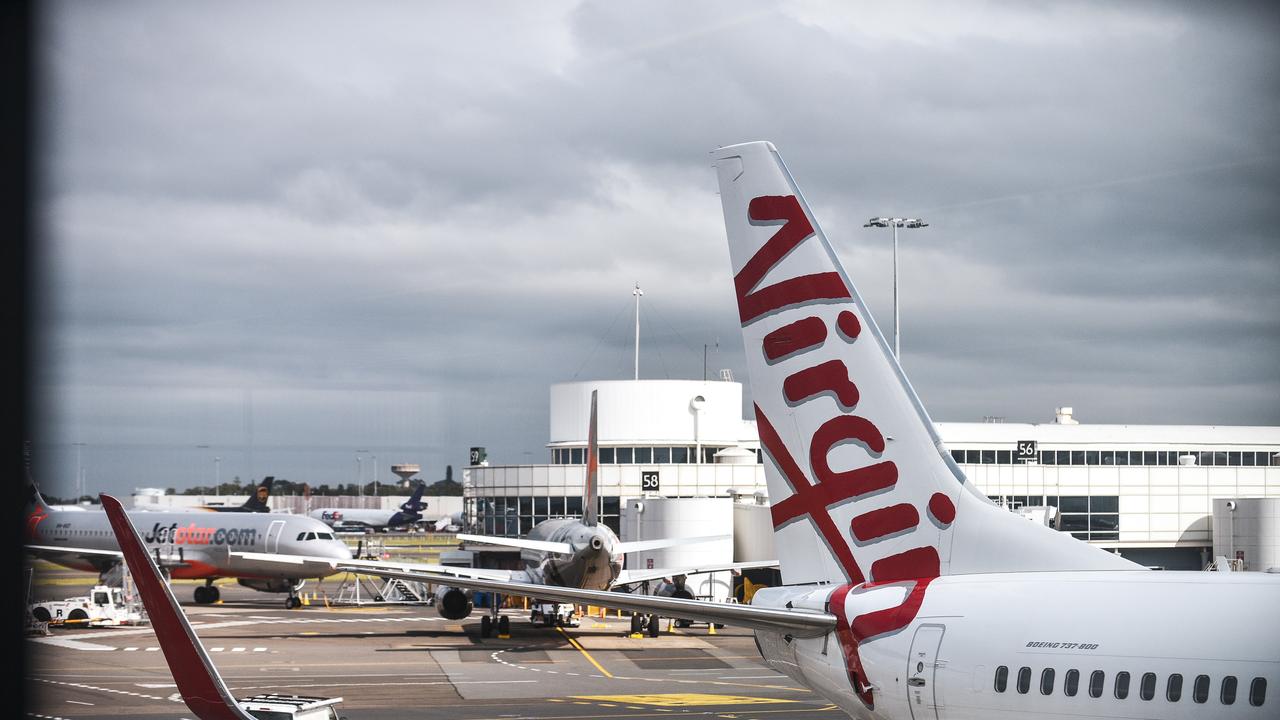
“80 per cent is too low a bar to clear, particularly on the busiest routes … we would ideally like to see the use it or lose it rule lifted from 80-20 to 95-5.”
Last month, the creator of the slot scheme and former Productivity Commission chair Peter Harris also appeared before the inquiry, arguing that the 20-year-old system needed a refresh.
He also confirmed there was evidence of slot hoarding in Sydney but said that “further investigation was needed.”
“The scheme favours incumbents and there’s a recommendation in the review to alter that so new entrants can obtain slots more easily,” he said.
Transport minister Catherine King has refused to detail if any changes to the scheme will be made in the future.

